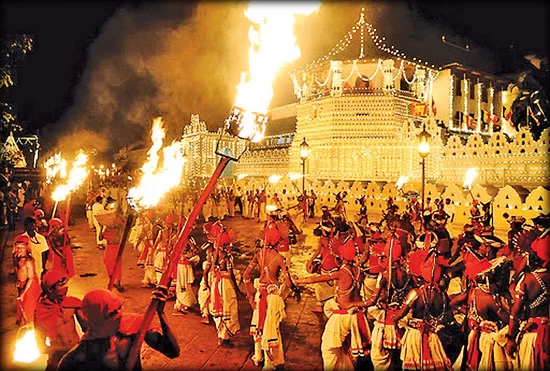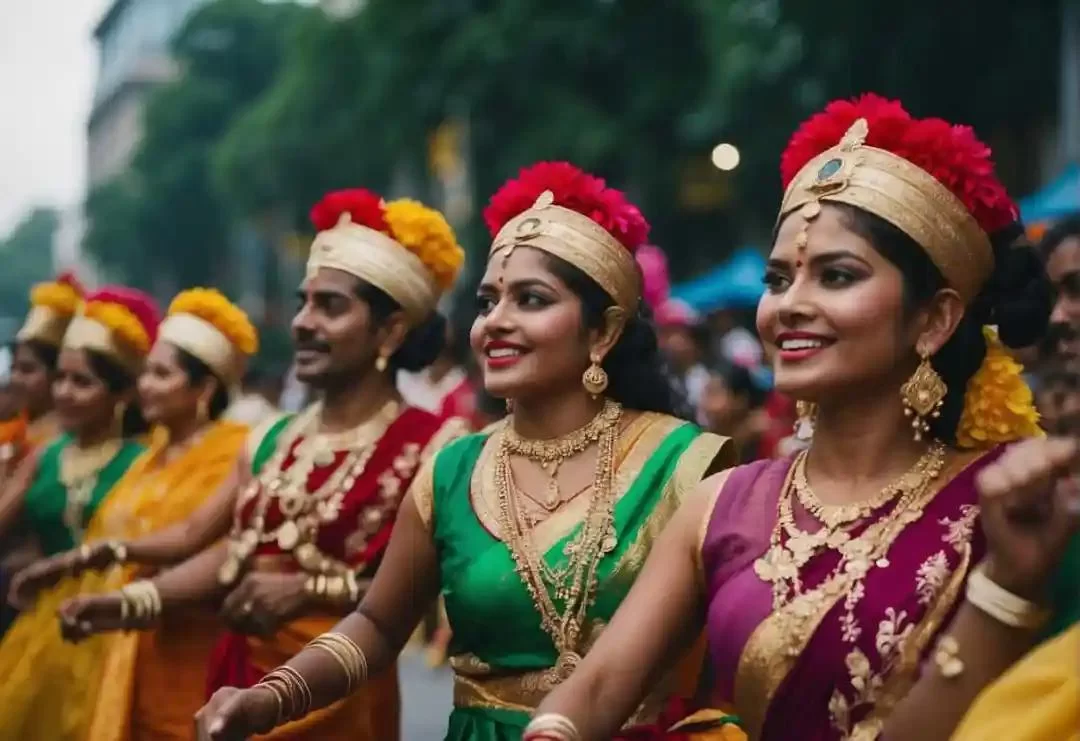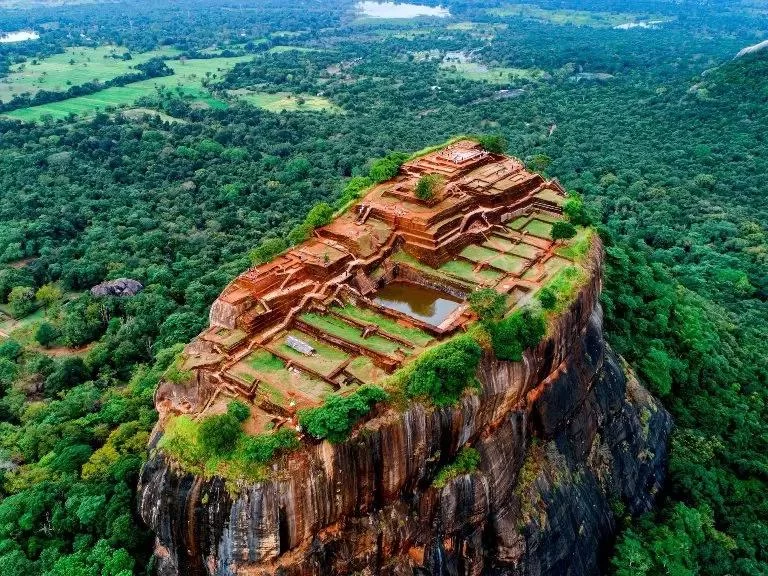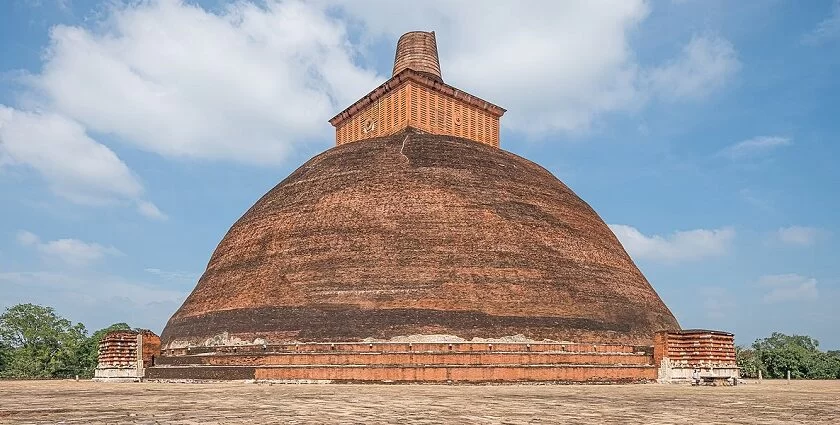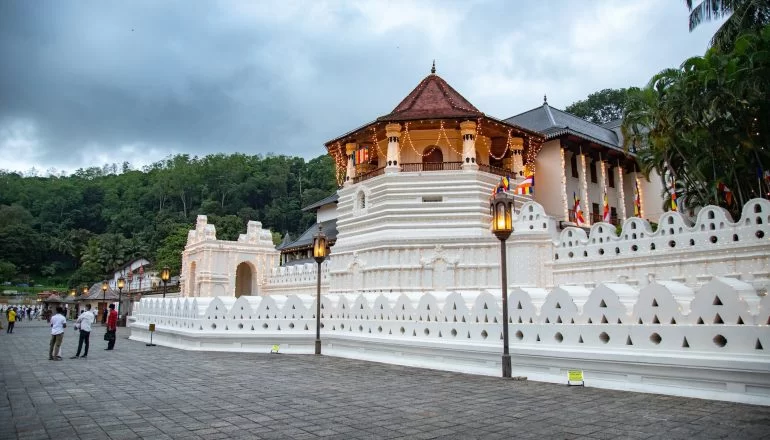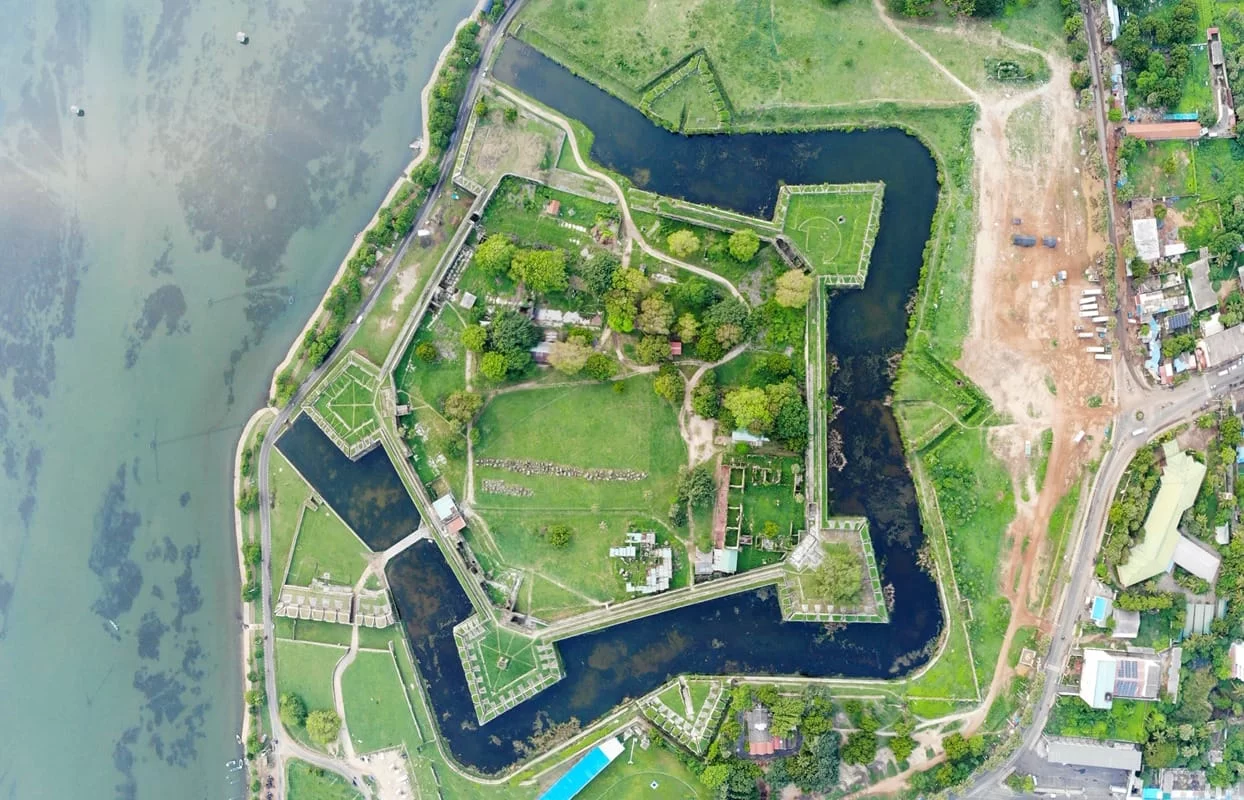Exploring Sri Lanka's British Colonial Period and Its Legacy
Sri Lanka, a tropical island in the Indian Ocean, boasts a rich and diverse history. Among its many cultural layers, the British colonial period stands out as a significant chapter that shaped much of the country’s modern identity. From the late 18th century to 1948, British rule left its mark on Sri Lanka's architecture, culture, and political landscape. Understanding the influence of the British colonial era is essential for travelers who wish to appreciate the full depth of Sri Lanka’s heritage. This article explores the enduring legacy of British colonialism in Sri Lanka, highlighting its impact on the nation’s development and the travel experiences it offers today.
- 1. Colonial Architecture: A Blend of British and Local Styles
- 2. The Cultural Influence of the British in Sri Lanka
- 3. Must-Visit Historical Landmarks from the British Era
- 4. Understanding the Historical Significance of British Colonialism
- 5. How to Explore the Legacy of British Colonialism in Sri Lanka
1. Colonial Architecture: A Blend of British and Local Styles
One of the most striking legacies of the British colonial period in Sri Lanka is the architecture. The British introduced their architectural style to the island, but it was often blended with local Sri Lankan influences. This fusion resulted in some of the most iconic buildings in the country, many of which are still in use today.
In cities like Colombo and Kandy, visitors can see colonial-style buildings with large verandas, high ceilings, and wide windows. These features were designed to provide ventilation in the humid climate. Notable examples include the Colombo Fort area, where buildings such as the Old Colombo Lighthouse and the Colonial Era Railway Station stand as reminders of the British colonial influence. Many of these structures, including the iconic Galle Face Hotel, are still functional and offer a glimpse into Sri Lanka’s colonial past.
2. The Cultural Influence of the British in Sri Lanka
The British colonial period also left a significant mark on Sri Lankan culture. The colonial government established a formal education system based on the British model, introducing Western-style schools and universities. As a result, English became the language of administration, and many Sri Lankans gained proficiency in it. This had a lasting impact on the island’s education system and its integration into the global community.
Furthermore, British colonial rule influenced local customs, cuisine, and even social structures. The introduction of tea cultivation by the British, for instance, played a pivotal role in shaping Sri Lanka's economy and its identity as one of the world’s leading tea producers. The British also left their mark on Sri Lankan cuisine, with dishes like "British-style curry" and "fish and chips" still commonly enjoyed in local restaurants.
3. Must-Visit Historical Landmarks from the British Era
For history enthusiasts, Sri Lanka offers an array of colonial-era landmarks that highlight the British influence. Here are a few must-visit sites:
- Galle Fort: A UNESCO World Heritage Site, Galle Fort is a perfect example of Dutch and British colonial architecture. It features well-preserved walls, churches, and administrative buildings that date back to the British colonial era.
- Victoria Park, Kandy: This beautiful park was established by the British in the late 19th century and is a peaceful retreat with manicured gardens and colonial-era architecture.
- The Colombo National Museum: This museum houses several artifacts and exhibits that reflect Sri Lanka’s colonial history, including the British period's artifacts and documents.
- Tea Plantations in Nuwara Eliya: Visit the picturesque tea plantations in the central highlands, where British tea planters shaped the country’s tea industry, a major economic force that continues to this day.
These historical sites not only offer stunning views and architecture but also provide invaluable insight into Sri Lanka’s history during the British colonial period.
4. Understanding the Historical Significance of British Colonialism
The British colonial period in Sri Lanka, though marked by oppression and the exploitation of resources, also set the stage for significant changes in the country’s infrastructure and economy. While the British imposed their governance system, their presence brought advancements in roads, railways, and other forms of infrastructure that continue to benefit Sri Lanka today.
During the British colonial period, Sri Lanka became an important trading hub, especially in the context of the global tea trade. The economic boom that occurred due to the cultivation of tea, coffee, and rubber had a profound impact on the nation’s agricultural landscape, which remains an essential part of its economy.
5. How to Explore the Legacy of British Colonialism in Sri Lanka
For travelers interested in exploring Sri Lanka’s British colonial history, here’s how you can immerse yourself in the era:
- Guided Tours: Many local tour operators offer specialized guided tours that focus on the colonial history of Sri Lanka. These tours often include visits to key historical sites, museums, and old colonial buildings.
- Explore Colombo and Kandy: Both cities have preserved many buildings from the colonial era, and walking through them gives you a unique sense of the British influence. In Colombo, visit the historic Galle Face Green and the old Parliament building. In Kandy, explore the serene British-era botanical gardens.
- Stay in Colonial Hotels: For a truly immersive experience, consider staying at one of Sri Lanka’s historic colonial hotels, such as the Galle Face Hotel or the Hill Club in Nuwara Eliya. These hotels have maintained much of their colonial charm, offering an authentic glimpse into the past.
Exploring the legacy of British colonialism in Sri Lanka is a captivating way to connect with the island’s rich history. Whether you’re a history buff or simply looking for a unique travel experience, Sri Lanka offers something for everyone.
Sri Lanka’s British colonial period continues to shape the country’s identity today. By exploring the colonial-era architecture, cultural influences, and historical landmarks, you will gain a deeper understanding of how British rule influenced the development of this beautiful island. Ready to step back in time and experience the British colonial legacy? Click here to book your Sri Lanka journey today!

